This week’s story is “Live From The Continuing Explosion”, taken from Perfect Circles, a collection of previously-published short stories by Simon Kewin. (Full disclosure, Simon is a former StoryADay participant and co-founder of Write1Sub1, a year long writing and publishing challenge that I highly recommend you check out. The new collection is available on Kindle
and, at the time of publication, is priced $0.00!)
Live from the Continuing Explosion is a Big Ideas story.
When I was writing about Dorothy Parker’s “The Standard of Living“, I spent some time talking about how short stories are fabulous for taking a tiny moment and using it to create characters and events that stay with the reader, regardless of scale.
This week’s story, Simon Kewin’s “Live From The Continuing Explosion” is, by contrast, a Big Ideas story. Yes, it starts with – and stays with – a moment in time, but the moment contains a huge, earth-shattering event that shapes not just the lives of the participants but grips the whole world in its fall-out.
I’m reluctant to say too much because this story unfolds gradually, but at its heart is a terrorist event and its effects on one person and on the world.
Kewin manages to share his big ideas while creating characters that grow more and more real throughout the story. He uses the event to talk about ideas as personal as the relationship between twins and as vast as philosophy, global politics and the nature of mankind.
The Dangerous World Of The Big Idea
This story, if categorized at all, would fall into the ‘sci-fi’ bracket. One of the attractions of sci-fi is its ability to deal with big ideas, even more than the appeal of technology, spaceships or characters in tight-fitting jumpsuits (only one of those three sci-fi staples appears in this story, and it’s not the jumpsuits!).
The danger of the big idea, however, is that it can hijack the story – that the author’s voice leans over your shoulder and lectures like a pompous professor. It’s hard to insert thoughts about gods and politics into a story without jumping up on a soapbox.
One of the ways “Live From The Continuing Explosion” deals with this danger is by giving various characters a virtual soapbox as part of the story. Right at the end, for example, one character makes a speech about “what has been learned”. It doesn’t jar, however, because it is an actual speech, in front of a crowd. As reader, you’ve come along on the journey with that character as she moves from by-stander to reluctant figure-head, and you have a lot of sympathy for her. A lot of the action before the end is sketched out, implied, and I was happy to have the character tie everything together at the conclusion. Plus, that’s not the end of the story…
Beyond The Big Idea
If this story dodges the danger of using big ideas it is because the author spends time building up the characters, even the minor ones. He concentrates at times on descriptive writing so that the reader can *see* the set-pieces and isn’t just being lectured to. He does that with vivid descriptions – not of the height and weight of his characters, by how they move, what they look at.
The two children run, screaming with delight. Around the legs of the adults in the crowd, legs like planted trees. They run in easy harmony as they veer left or right, speeding up or slowing down together without needing to watch each other. They laugh so much they can barely breathe. They hold hands, letting go only at the last moment as they split off to go around someone before reuniting.
A dog, watching them, barks excitedly, wanting to join in.
They run as if they have practised the whole set of manoeuvres beforehand. They run almost as one, a single being with two halves.
It’s a lovely, vivid moment and — given what follows — a really great opening to the story.
Staring Down A Cliche
It’s hard to describe the world in terms readers understand without stumbling into cliches. Of course it is. Cliches become cliches because they are good desciptions that we identify with.
Kewin deals with one of these in a way I really liked: he jumps on the cliche and expands it until it is no longer a cliche but an image that is all his own. He uses words that work exquisitely well to do this. When talking about an explosion Kewin takes the cliche “the blossom” of an explosion and expands it:
… vast, obscene flower billowing forth at demonic speed, black stigma deep inside red and yellow petals.
(By the way, use of ‘stigma’? In this context? Love it!)
He also takes the the idea of someone being inside a bubble and ‘owns’ it: making it the universal name for a phenomenon, not just a literary device. People all over the world begin calling the phenomenon ‘The Bubble’, as naturally as if someone had officially named it.
Short Story or Novel?
The other danger of the big idea is that you must devote so much space in your story to the ideas that the action and character development happen too quickly and the reader is left wishing the story had been a novel instead.
I think this story suffered a touch from this — which is not the worst thing anyone could say about a story 😉
Writer’s Lessons
- If you can’t see a way around using a familiar image, try using one of Kewin’s techniques: expand the cliche with a clever twist, or weave it through the story so that it becomes natural.
- If you ever feel that you have no ideas that are big enough to merit writing down, remember this. For the short story, tiny truths are even often just as valid, if not more, than big ideas.
Have you written stories with Big Ideas behind them? Are they easier/harder to write? Do you feel they worked as well as stories based on smaller moments?

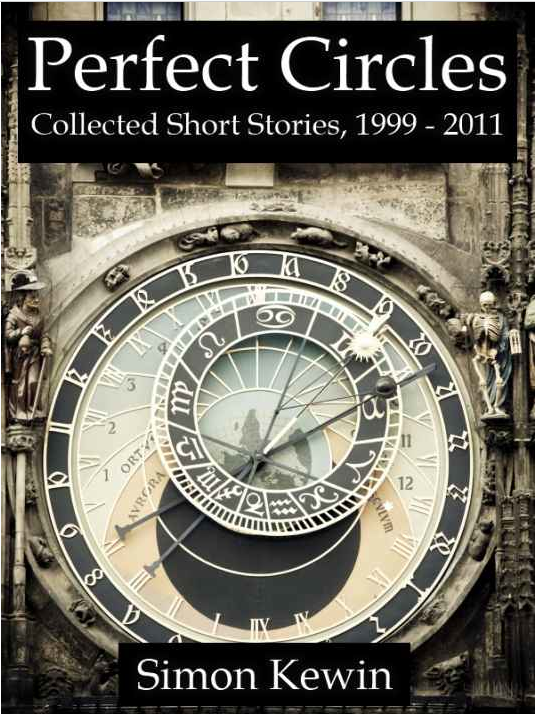

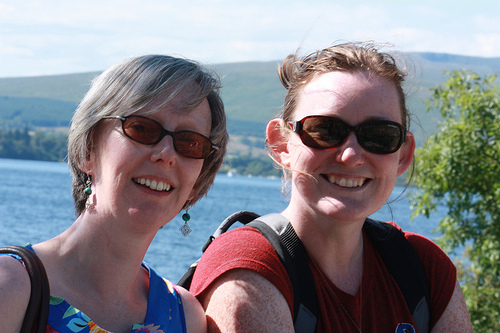

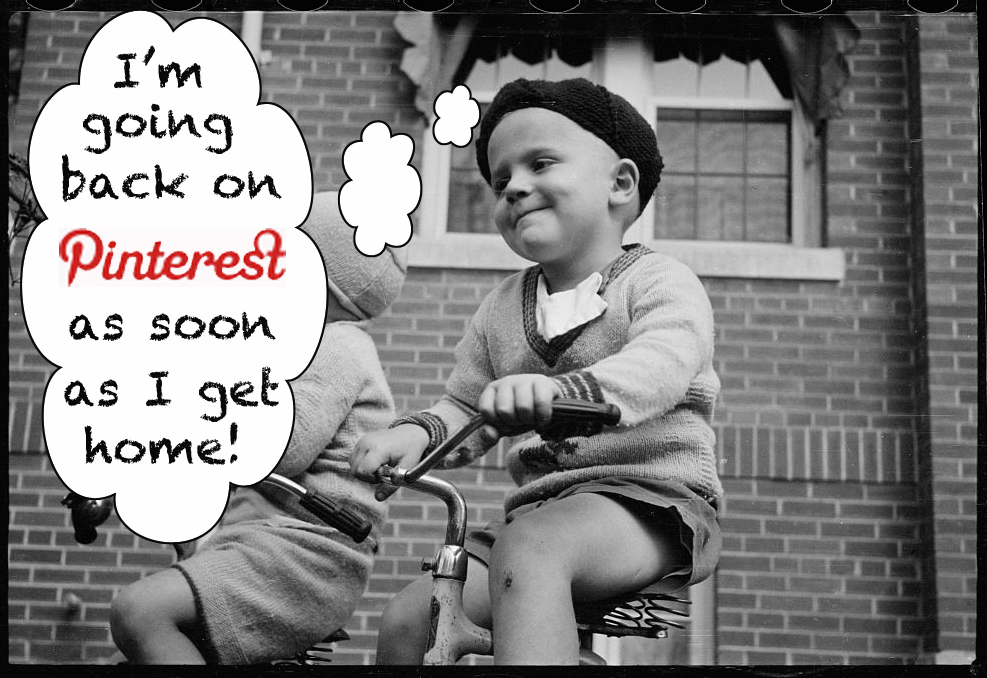
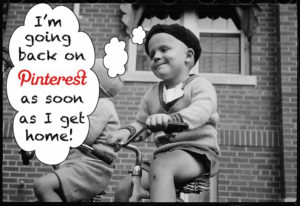

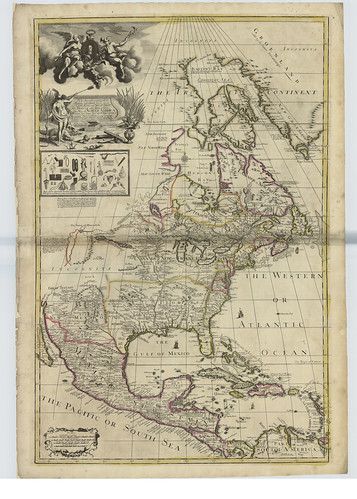


![[Write On Wednesday] How to Use Pinterest To Write A Short Story](https://storyaday.org/wp-content/uploads/2012/02/Screen-shot-2012-02-21-at-8.07.20-PM.png)
